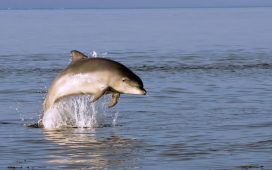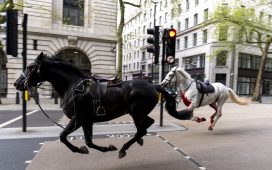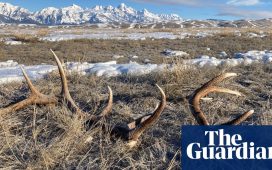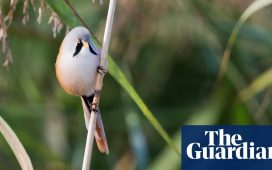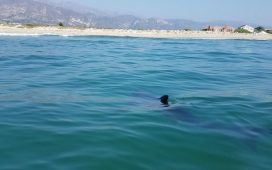
The Cape of Good Hope SPCA was established in 1872.PHOTOS: natasha bezuidenhout
The Cape of Good Hope SCPA celebrated its 150th year of caring for animals of all shapes and sizes on Friday 20 May.
Established in 1872, the Cape of Good Hope SPCA is the oldest and largest animal welfare organisation in South Africa.
In a tour behind the scenes Jon Friedman, Wildlife officer at Cape of Good Hope SPCA, said it was very exciting working with all kinds of animals.
“What is so exciting about working here is that there are no two days that are the same. Everything from pigeons to porcupines and snakes are very common in certain times of the year. Seals are very common in seal season, so we definitely go through the seasons.
“And if there is a natural disaster event such as a wildfire, we are called out to go look at those animals but it’s everything and anything. Foxes, birds of prey, garden birds and anything…mice, you name it. People care a lot which is amazing to see.”
People’s Post caught up with Friedman at the SPCAs reptile room where 49 different lizards are being kept.
“Currently there are 49 lizards; many were confiscated either from a breeder that would sell them.
“There’s quite a lot of money wrapped up in this little collection for the breeder and they would sell them because it is a massive pet trade.
“Depending on their colour morph, they will go anywhere from R800 up to R5 000 and the really rare colours can go for around R10 000.”
He added that two specimens called giant Caledonian geckos were worth around R20 000 each.
“The species was actually extinct in the wild and due to the pet trade, they came back and are now one of the most common gecko species in the world and the most commonly traded in the pet world.”
The geckos will remain at the SPCA as evidence until the court cases of the perpetrator are finalised.
“So, we just look after them and maintain them and make sure they are kept in the best health and conditions until such time as their court case comes to its conclusion. There is a big move now to repatriate exotic species.
“In the olden days they would put them down but these days, which is quite progressive, they have a new global programme to send species that are from a different country back to that country. The person who was at fault in terms of being fined usually has to pay for those repatriation costs to send those species back to their country where they will either be housed in a zoo or if they can be returned to the wild it will be returned,” said Friedman.
SPCA spokesperson Jaco Pieterse added: “The SPCA is opposed to wild animals being kept as pets so with these animals they will never be homed as pets because they are wild animals and they belong in the wild. And they do need a permit from Cape Nature to keep any wild animal whether it is exotic or not, breeding as well so it is quite a regulated industry.”
Next visiting the critter room, Pieterse said unwanted hamsters and guinea pigs were kept in the room until they could be rehomed.
“So, we basically deal with animals for example the guinea pigs and hamsters has been handed in as unwanted, people had them as pets and then they could no longer look after them so we never say no and we then take them in and we would then try to find homes for these as pets because they are not wild animals.”




